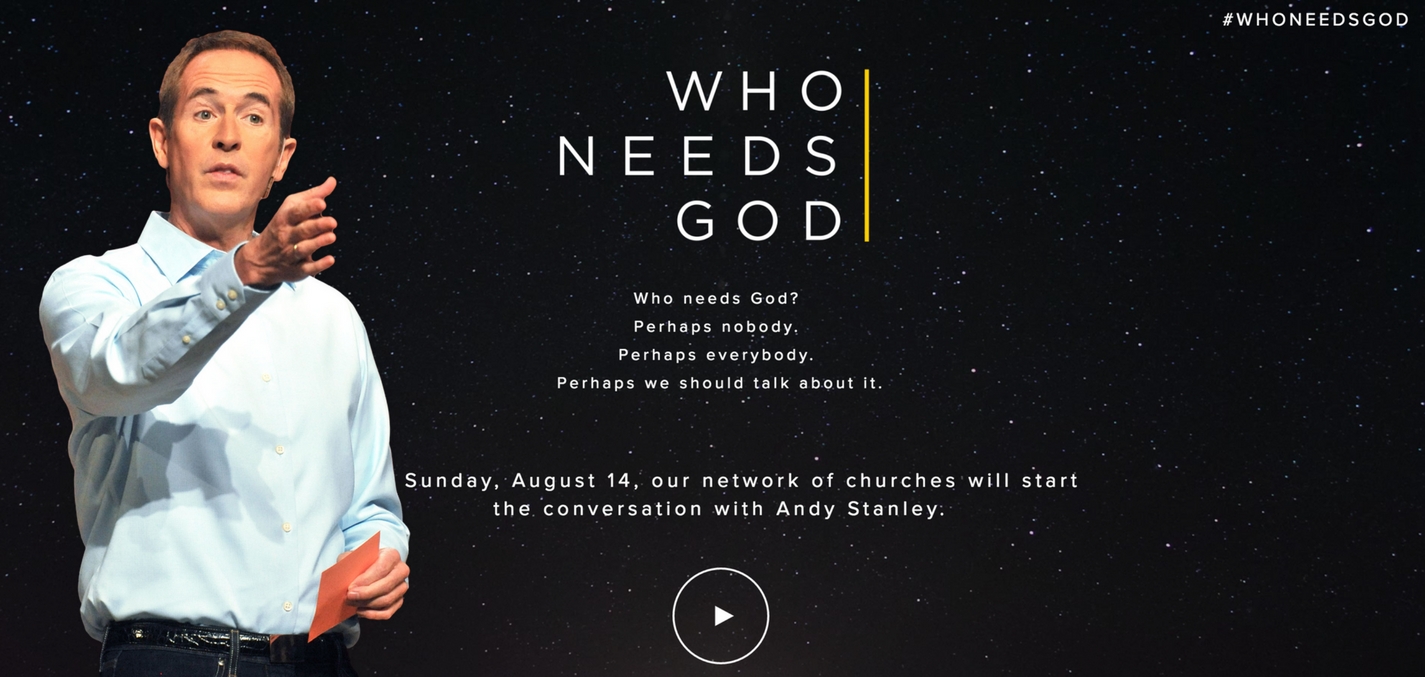Now he looks at pain and evil. Why are we shocked that pain and evil exist in the world? Many see it as a reason to reject Christianity. That has not always been the case. In fact, the church endured terrible suffering in the first few centuries. Their suffering actually brought them closer to God. Why does it move them away from God now?
It comes back to heresy. People think they know the Christian answer to suffering but many do not. Many think the Christian answer is that suffering comes from sin and the answer is to stop sinning. That is part of it. The bible is full of statements that obedience produces joy and sin leads to misery. Yet that is a certain kind of joy and certain kind of misery. The more superficial and more visible joy and misery often work that way but not always.
When I say more superficial I mean things that can be very intense. Heb 12:2 says, "For the joy set before him he endured the cross, scorning its shame, and sat down at the right hand of the throne of God." So Jesus' suffering on the cross was superficial. It was intense suffering but there was a deeper joy. So by comparison it can be called superficial but it can be intense enough to dominate your life. That kind of suffering can and does happen to Christians.
So if you leave aside the dynamic where we rebel against God's will and maybe we end up in jail or maybe we end up in addiction or in a broken relationship or whatever. That happens a lot but that is not all suffering. There is random suffering where someone get cancer or someone has a car accident or whatever. No obvious sin caused it. Then there is suffering actually brought on by living out your faith. Jesus' suffering on the cross. He was the first of many Christian martyrs. Maybe God calls you to make a painful decision. Often it ends up being much less painful than feared but not always. Sometimes it just hurts and that is the road we are supposed to travel.
So what is the answer to the problem of pain or the problem of evil in those situations? There are 2 answers really. The first answer is, "Wait." God sees pain and sees evil. He is doing something about it. It is just taking time. We need to trust that God will right every wrong and wipe away every tear. His Kingdom is delayed because he wants to give us time to repent but His Kingdom will come. Then all the questions around the problem of evil will be answered. God's justice and mercy will be evident.
In some ways "Wait" is not a helpful answer. We have to live life now. Knowing that all this will make sense in the end helps but only so much. We need something more. The second answer God gives to this question is the cross. Now Andy Stanley got about as close as a Protestant can to talking about this. He seemed to realize the suffering of Jesus together with the suffering of the early church was the key. Still he stopped short of saying our suffering can become salvific. Just too Catholic an idea.
Still the notion of really embracing the cross and seeing our sufferings as carrying our own cross. That can really transform the way we suffer. The infinite love of God can be made more powerful by our finite love. We can see that. It can touch others because we are human and human love is easier for human to relate with. Similarly the infinitely powerful suffering of Jesus can be made more powerful by our suffering. It can bring grace to our lives and the lives of those we know. God chooses to give our suffering meaning the same way He chooses to give the rest of our life meaning. He allows us to make a difference. Sometimes He allows us to make an eternal difference.
St Paul says in Col 1:24, " Now I rejoice in what I am suffering for you, and I fill up in my flesh what is still lacking in regard to Christ’s afflictions, for the sake of his body, which is the church." What is lacking in Christ's afflictions? Not that they are not enough. It is that they are not applied to everyone at every time. Paul sees his suffering as allowing Jesus suffering to have full effect in the church and thus being meaningful.
That is the true Christian answer to the problem of pain. If we don't understand that answer and believe that answer then atheists will always have a point when talking about pain and evil. The criticism will ring true in the ears of many because our answer will necessarily be incoherent.



